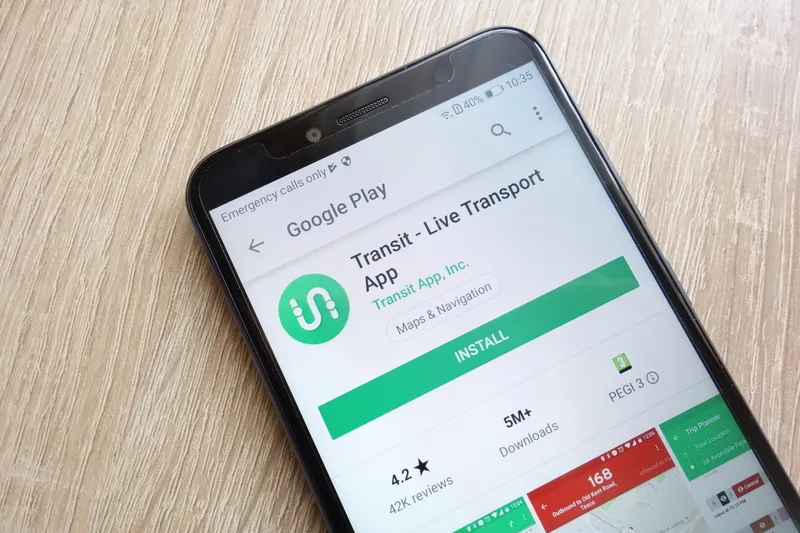According to a new research report from the analyst firm Berg Insight, global shipments of personal navigation devices (PNDs) declined to about 33 million units in 2011, while the number of subscribers using a turn-by-turn navigation app or service on their handset doubled in 2011 and reached 130 million worldwide. The subscriber base is forecasted to grow at a compound annual growth rate (CAGR) of 21.9 per cent to reach 340 million users worldwide in 2016.
March 22, 2012
Read time: 2 mins
According to a new research report from the analyst firm 3849 Berg Insight, global shipments of personal navigation devices (PNDs) declined to about 33 million units in 2011, while the number of subscribers using a turn-by-turn navigation app or service on their handset doubled in 2011 and reached 130 million worldwide. The subscriber base is forecasted to grow at a compound annual growth rate (CAGR) of 21.9 per cent to reach 340 million users worldwide in 2016.
In mature markets where the installed base of PNDs is already high, the device category is facing increasing competition from smartphones and low-cost in-dash navigation systems. Berg Insight says that aftermarket navigation systems will be the largest segment for several years to come and many customers, especially in Europe and North America, are likely to use more than one navigation capable device for different occasions in the future. However, growing shipments of PNDs in markets such as Brazil, China, India and Russia are not likely to compensate for the decline in Europe and North America. Global PND shipments are forecasted to decline to about 23 million units in 2016.
Broad availability of GPS handsets and attractive pricing are key factors for widespread adoption of mobile navigation apps. “The global active installed base of smartphones surpassed 700 million units at the 2011, which is approximately 15 per cent of all mobile phones in use”, said André Malm, senior analyst, Berg Insight. He adds that about half of the current mobile navigation subscriber base uses free apps and services that are bundled with handsets or service plans from mobile operators. A growing number of mobile operators worldwide are switching to ‘bundled freemium’ navigation services to offset the cost for end users in response to free navigation apps for smartphones from1691 Google and 183 Nokia. Navigation app developers and mobile operators are trying to monetise services by introducing premium feature and content add-ons that allow users to customise navigation apps to suit their personal needs.
“Since relatively few users need turn-by-turn guidance on a daily basis, complementary features such as traffic information, speed camera alerts, parking space information and local search become increasingly important means to drive usage”, commented Malm. Stimulating usage is also important for developers and mobile operators that seek additional revenues from location-based advertising and local offers.
In mature markets where the installed base of PNDs is already high, the device category is facing increasing competition from smartphones and low-cost in-dash navigation systems. Berg Insight says that aftermarket navigation systems will be the largest segment for several years to come and many customers, especially in Europe and North America, are likely to use more than one navigation capable device for different occasions in the future. However, growing shipments of PNDs in markets such as Brazil, China, India and Russia are not likely to compensate for the decline in Europe and North America. Global PND shipments are forecasted to decline to about 23 million units in 2016.
Broad availability of GPS handsets and attractive pricing are key factors for widespread adoption of mobile navigation apps. “The global active installed base of smartphones surpassed 700 million units at the 2011, which is approximately 15 per cent of all mobile phones in use”, said André Malm, senior analyst, Berg Insight. He adds that about half of the current mobile navigation subscriber base uses free apps and services that are bundled with handsets or service plans from mobile operators. A growing number of mobile operators worldwide are switching to ‘bundled freemium’ navigation services to offset the cost for end users in response to free navigation apps for smartphones from
“Since relatively few users need turn-by-turn guidance on a daily basis, complementary features such as traffic information, speed camera alerts, parking space information and local search become increasingly important means to drive usage”, commented Malm. Stimulating usage is also important for developers and mobile operators that seek additional revenues from location-based advertising and local offers.









